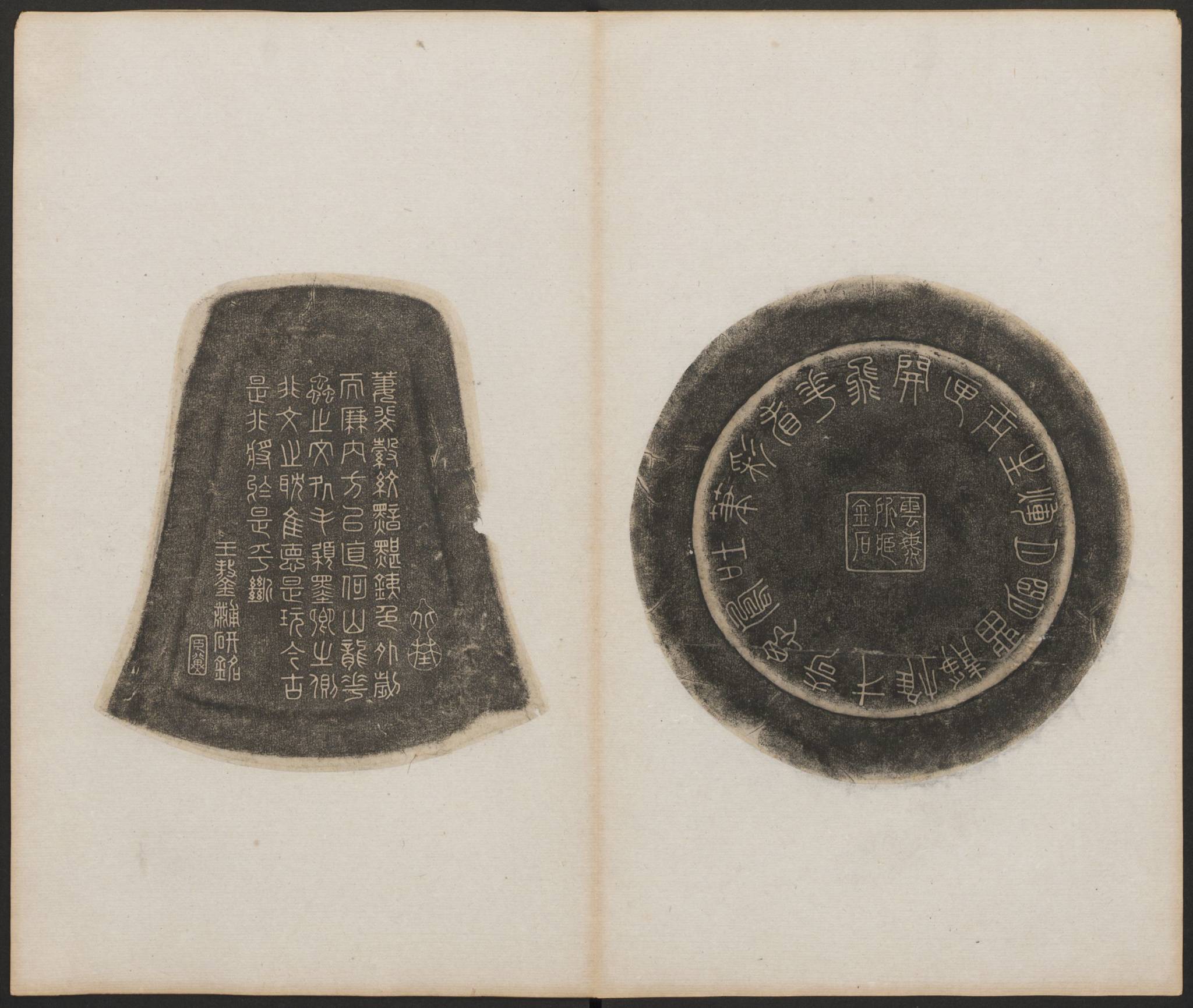
The Matter of Inscription in Early Modern China
Harvard University Thomas Kelly
November 16, 2022 · 4:30 pm—6:00 pm · 202 Jones Hall and Zoom
East Asian Studies Program

In addition to writing on paper with a brush and ink, seventeenth-century Chinese poets and calligraphers carved their words onto a wide range of objects, from vessels and weapons to musical instruments and desktop tools. Why did leading literary figures work to revivify this ancient form of writing upon things precisely when it was no longer seen as a reliable strategy with which to ensure longevity or to guard against material decay? Working with a selection of artifacts from the late Ming and early Qing, my talk considers how inscription came to constitute a form of literary thought uniquely attuned to the material contingencies and technical preconditions of writing. By carving inscriptions that query the meaning of durability, early modern poets and calligraphers interrogated, and worked to overcome, rigid dichotomies between solidity and evanescence, immutable essence and metamorphosis. Rejecting the fixity and closure that writing on a hard surface ought to evoke, they turned to inscription to name and possess the contradictions of the age.
Thomas Kelly is an Assistant Professor in East Asian Languages and Civilizations at Harvard University where he teaches courses on late imperial Chinese literature. He received his PhD from the University of Chicago in 2017 and was a Junior Fellow in the Society of Fellows at the University of Michigan from 2017 to 2019. His first book, The Matter of Inscription in Early Modern China (forthcoming from Columbia University Press) investigates practices of carving literature onto solid objects in the late Ming and early to mid-Qing dynasties. His research on writing and materiality has appeared in Harvard Journal of Asiatic Studies, Late Imperial China, and a special issue of the Journal of Chinese History on material cultures guest-edited by Dorothy Ko. Other publications on late imperial literature have appeared in the Journal of Chinese Oral and Performing Literature (2013) and the Journal of Chinese Literature and Culture (2021). He is currently serving as the president of the Society of Ming Studies. His work has been supported by fellowships and grants from the Social Science Research Council and the Andrew W. Mellon Foundation, the Michigan Society of Fellows, the Franke Institute for the Humanities, and the Max Planck Institute for the History of Science.
Also sponsored by the P.Y. and Kinmay W. Tang Center for East Asian Art















